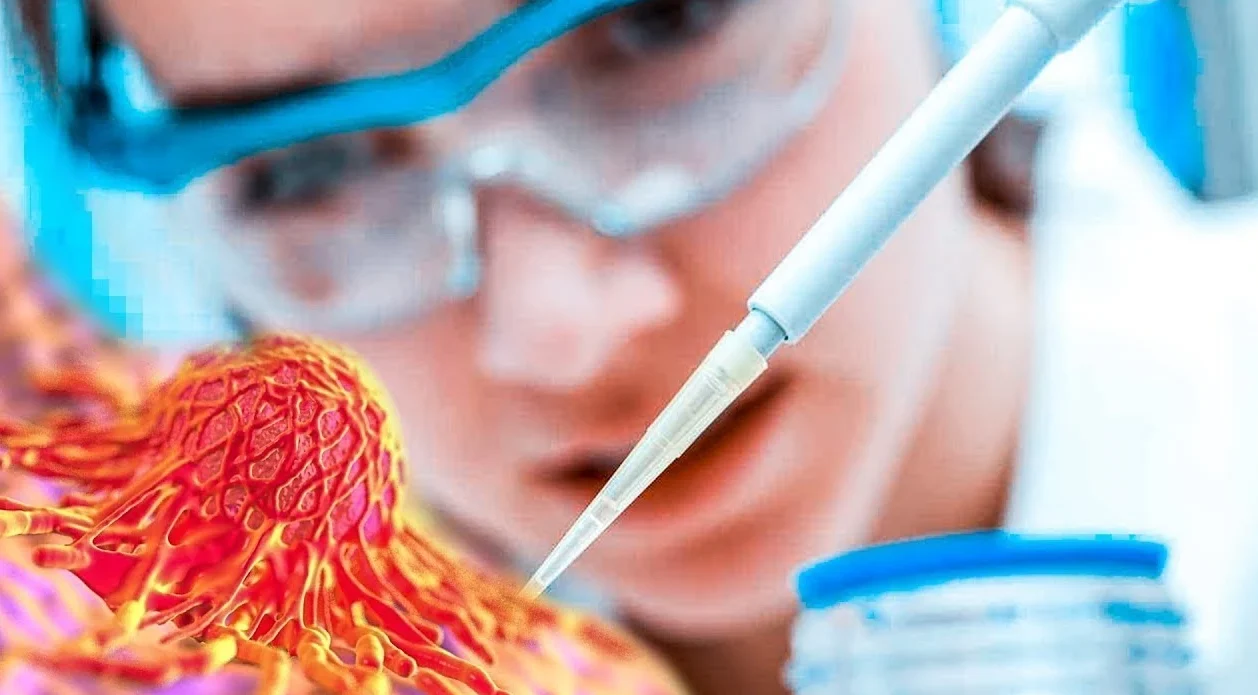Calls for Ukraine
Calls for Europe
Calls for USA

In some patients with gastrointestinal (GI) cancer, such as colorectal cancer and pancreatic cancer, chemotherapy can cause serious, sometimes life-threatening side effects if these patients carry certain genetic variants that affect their body’s ability to process the drugs used to treat their disease.
According to new research from the Perelman School of Medicine at the University of Pennsylvania, testing for variants in two genes before starting chemotherapy can significantly improve patient safety by providing doctors with information that will help them tailor doses.
According to the results published today in JCO Precision Oncology, patients who were found to have one of these genes experienced half as many side effects as patients who were given standard chemotherapy doses without prior testing.
“For too long, the US has lagged behind Europe in the use of genetic testing to determine chemotherapy dosages, but our study shows that this is critical for patient safety,” said lead author Sony Tuteja, PhD, MS, director of pharmacogenomics at Penn Medicine’s Center for Genomic Medicine, and research professor of translational medicine and human genetics.
Each year, up to 1,300 people in the United States die from the side effects of one of the most common types of chemotherapy drugs, so scientists have been working to make testing quick and practical, with results available in about a week, to help doctors make safer treatment decisions.
Each year, nearly 290,000 Americans are diagnosed with gastrointestinal cancer, including colorectal cancer, which ranks third in prevalence in the country. Current chemotherapy protocols use standard dosages that do not take into account genetic differences in how patients tolerate these drugs.
Information about genetic variants helps make chemotherapy safer
The study focused on variants of two genes: DPYD and UGT1A1. The DPYD gene produces an enzyme that helps the liver break down drugs such as fluoropyrimidines, which are widely used in the treatment of gastrointestinal cancer. About 5–8% of people carry DPYD variants that interfere with the body’s ability to process fluoropyrimidine-based chemotherapy drugs, causing them to accumulate to harmful levels, which can lead to serious side effects such as decreased blood cell production, mouth sores, or hand-foot syndrome.
Similarly, the UGT1A1 gene affects how the body processes irinotecan, another key chemotherapy drug often used to treat gastrointestinal cancers. Variants of the UGT1A1 gene can cause the body to process the drug too slowly, increasing the risk of severe diarrhea or a decrease in white blood cell count. By identifying these variants, doctors can reduce chemotherapy doses to prevent harmful side effects without compromising treatment effectiveness.
The study involved 517 patients with gastrointestinal cancer from three University of Pennsylvania cancer centers who were prescribed fluoropyrimidine or irinotecan chemotherapy. A group of 288 patients underwent blood tests to identify DPYD and UGT1A1 variants. Among the 16 patients who were found to have genetic variants and who were prescribed individual dose reductions based on the test results, 38% experienced serious treatment-related side effects.
In comparison, 65% of the 17 patients with genetic variants who received standard doses without prior testing experienced serious side effects. The tested group also had significantly less need for dose and frequency adjustments (38% vs. 76%) and fewer treatment discontinuations (31% vs. 47%), highlighting the potential of precision medicine to improve patient safety and treatment outcomes.
Please rate the work of MedTour
